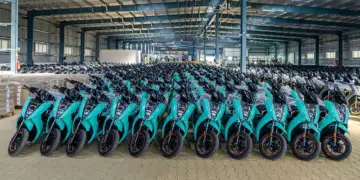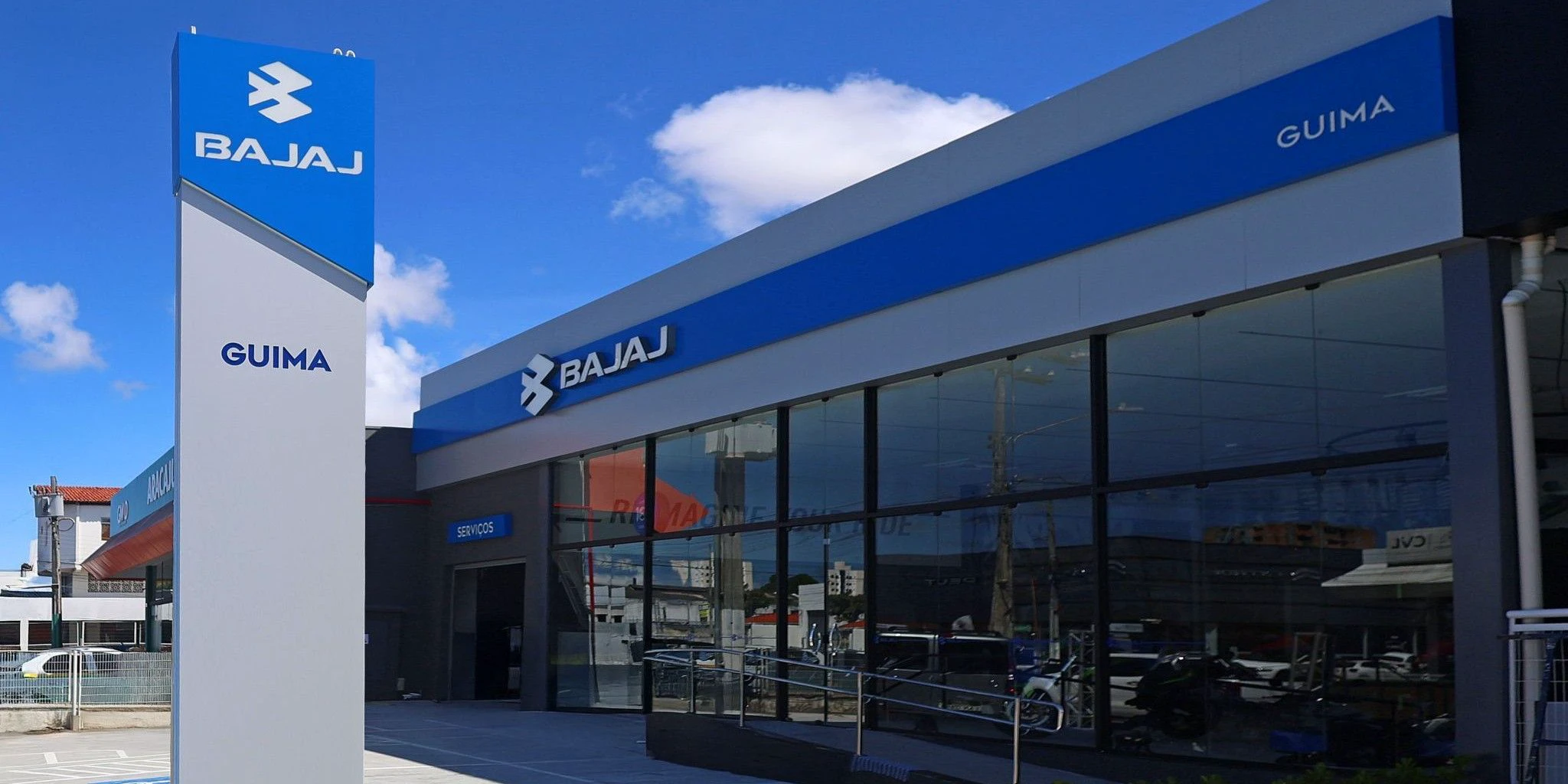Automaker Bajaj Auto has warned that a sudden shortage of high-rare-earth (HRE) magnets is slicing its electric-vehicle (EV) production in half, as China’s export curbs on the specialised components ripple through India’s automotive industry.
“Non-availabilities had begun to compromise production in June itself, resulting in some shortfalls in deliveries to dealers in June; July has seen a 50% shortfall. While we expect production in August to be better than July, we may still see a shortfall of similar levels of 50% in this quarter in Chetak and about 25-30% or so in E-autos,” Executive Director Rakesh Sharma told analysts during the Q1 earnings call.
The squeeze follows Beijing’s decision in April to subject rare-earth magnet technology to export licensing. China accounts for more than 90% of global output, and Indian manufacturers have relied on imports for traction-motor magnets that offer high power density and heat resistance.
 Ather sees impact of ongoing rare earth magnet crisis in Q2, expects temporary cost impact
Ather sees impact of ongoing rare earth magnet crisis in Q2, expects temporary cost impact
Sharma said Bajaj is pursuing “three initiatives” to unclog supplies: “One is… replacing HRE with low-rare-earth (LRE) magnets sourced inside China; the second is to look at LRE products outside China; and [the third] to look at ferrite-based products.” In parallel, the group is “working with authorities to reopen the flows of HRE magnets”, he added.
Chief Financial Officer Dinesh Thapar quantified the near-term impact: Bajaj now expects to ship only 50-60% of its planned electric-scooter volumes and 70-80 % of electric three-wheeler volumes this quarter, and margins will depend on how quickly supply recovers.
Despite the scramble, Sharma insisted the cost impact is manageable because magnet expenses are “not of great significance” in the overall bill of materials. Bajaj expects “complete restoration” of production by the end of the quarter, while full supply-chain de-risking “should take about six to nine months”.
Maruti Suzuki, India’s biggest carmaker, this week cut near-term production targets for its e-Vitara sport-utility vehicle by two-thirds. Startups such as Ather Energy have also flagged delays to dealers.
